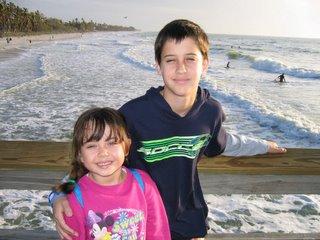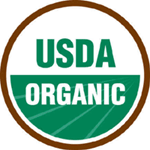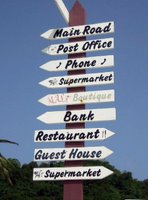 A few times during winter, the waves actually get big enough that people can surf them here in Naples, Florida. We are on the Gulf of Mexico, not known as a surf anything. The only time we have "really" big surf is when a hurricane passes by.
A few times during winter, the waves actually get big enough that people can surf them here in Naples, Florida. We are on the Gulf of Mexico, not known as a surf anything. The only time we have "really" big surf is when a hurricane passes by.Recently we had one of those spells where the wind kicks up and surfboards show up out of thin air. Naples must have more displaced surfers than anywhere I've been. It was a sight to see.
When a surfer sits, he looks back over his or her shoulder to pick out a set of waves. Experience tell the surfer when it is good to go - to try to catch the wave. Most of the time the surfer has a good ride and they start over again.
As the web develops, those who make it their business to make a living from it, look for almost the same pattern as the surfer. They want a set, not a single event they can't evaluate. Just like the wave, they look for momentum. They make sure the new trend will carry them through.
Oh, and I almost forgot. Most surfers go in pairs, or groups, and they keep their eye peeled, not competitively, but to see if the other surfer will risk going on the incoming wave. Sometimes waves look good, but a second opinion always seals the deal.
Internet marketers like you and I do the same thing. We watch to see if others are getting on the band wagon. That's the way it was with blogs. First they started out as a means to blow off some steam - as you'd do with a diary - then they developed into a vital tool.
But why they have become so important, especially in our discussion, is because they lend themselves perfectly to search engines and the software that matches advertising to context. They were developed purposely this way.
First, the footprint a blog leaves is easily read by the top search engine spiders and bots. How many hours have you spent wondering if placing the headline in H2 sized font would be better for Google or Yahoo! than H3? And what about all those links? Did you make sure to name your pages something significant?
Blogs software does this for us automatically. It names pages in the best way possible - for the search engine. It does not make a mess of text when compiling it for the web. It gives nice links for past posts, or to friend's sites.
Secondly, blogs ping. They automatically notify a repository that they've been updated. For example; this blog "pings" technorati.com, among others. It lets the web know there's new news! Automatically. How cool is that?
Blogs are easy to add ads to. I almost said, "easy to monetize", but we both know monetizing isn't as easy a placing ads on a page. Blogs are easy to update, easy to read, easy to archive.
So, unless you are a web designer that just can't give up web site creation, blogs should be your first choice for starting a site to monetize. And, I can't say enough about Blogger.com. They are easy to use and "free", which is almost always good in my book.
I encourage you to create a blog and get used to writing in it. It's true - not every wave a surfer picks is a winner. Likewise, you may not hit a home run on your first blog. But you'll never know unless you get the board out and wax it up while the waves are big!
Taking advantage of the blog momentum and technology is not only smart, it should be a critical part of your marketing plan.
Get out there with the best of them and enjoy the ride. - Surf's up!!



